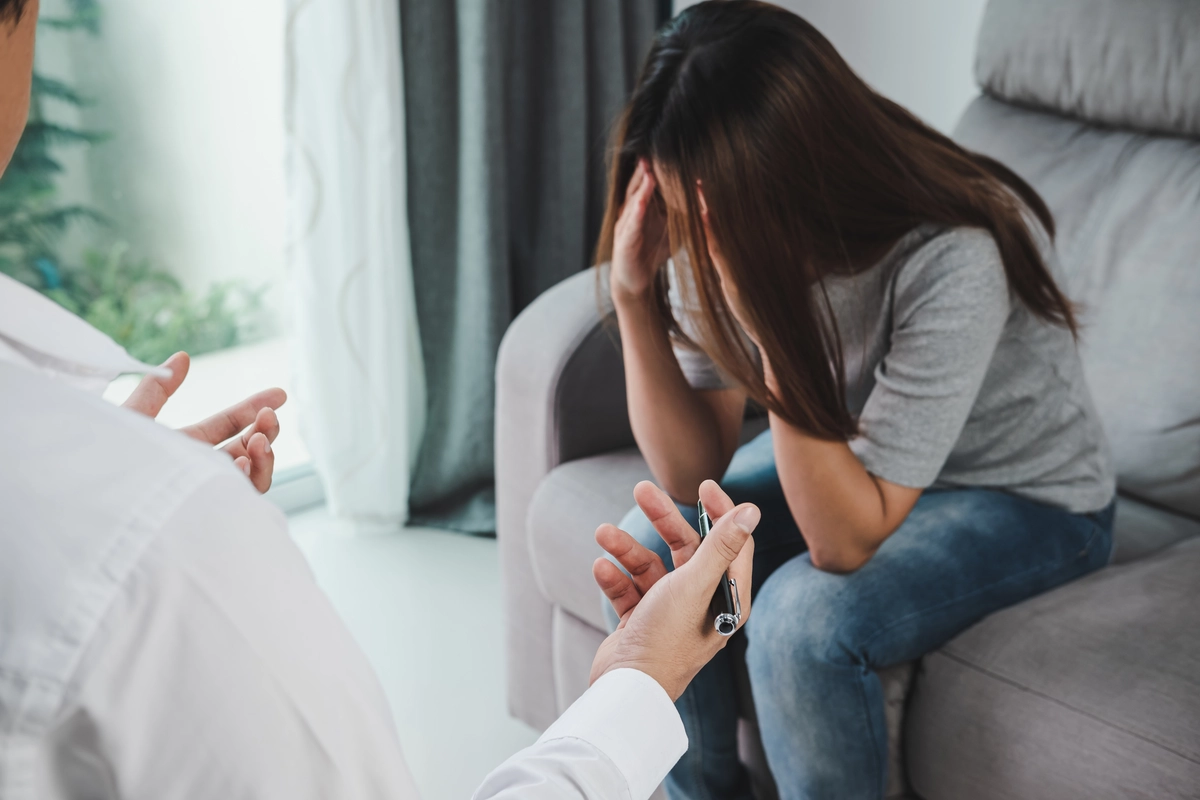24/7 Helpline:
(866) 899-221924/7 Helpline:
(866) 899-2219
Learn more about Stimulant Detox centers in Oscoda County
Stimulant Detox in Other Counties

Other Insurance Options

Health Choice

Excellus

MHNNet Behavioral Health

Meritain

State Farm

American Behavioral

Highmark

Sutter

EmblemHealth

Sliding scale payment assistance

Kaiser Permanente

GEHA

Regence

BlueCross

Molina Healthcare

Carleon

WellCare Health Plans

Amerigroup

Oxford

BHS | Behavioral Health Systems

AuSable Valley Community Mental Health
AuSable Valley Community Mental Health is a public rehab located in Mio, Michigan. AuSable Valley Co...




















